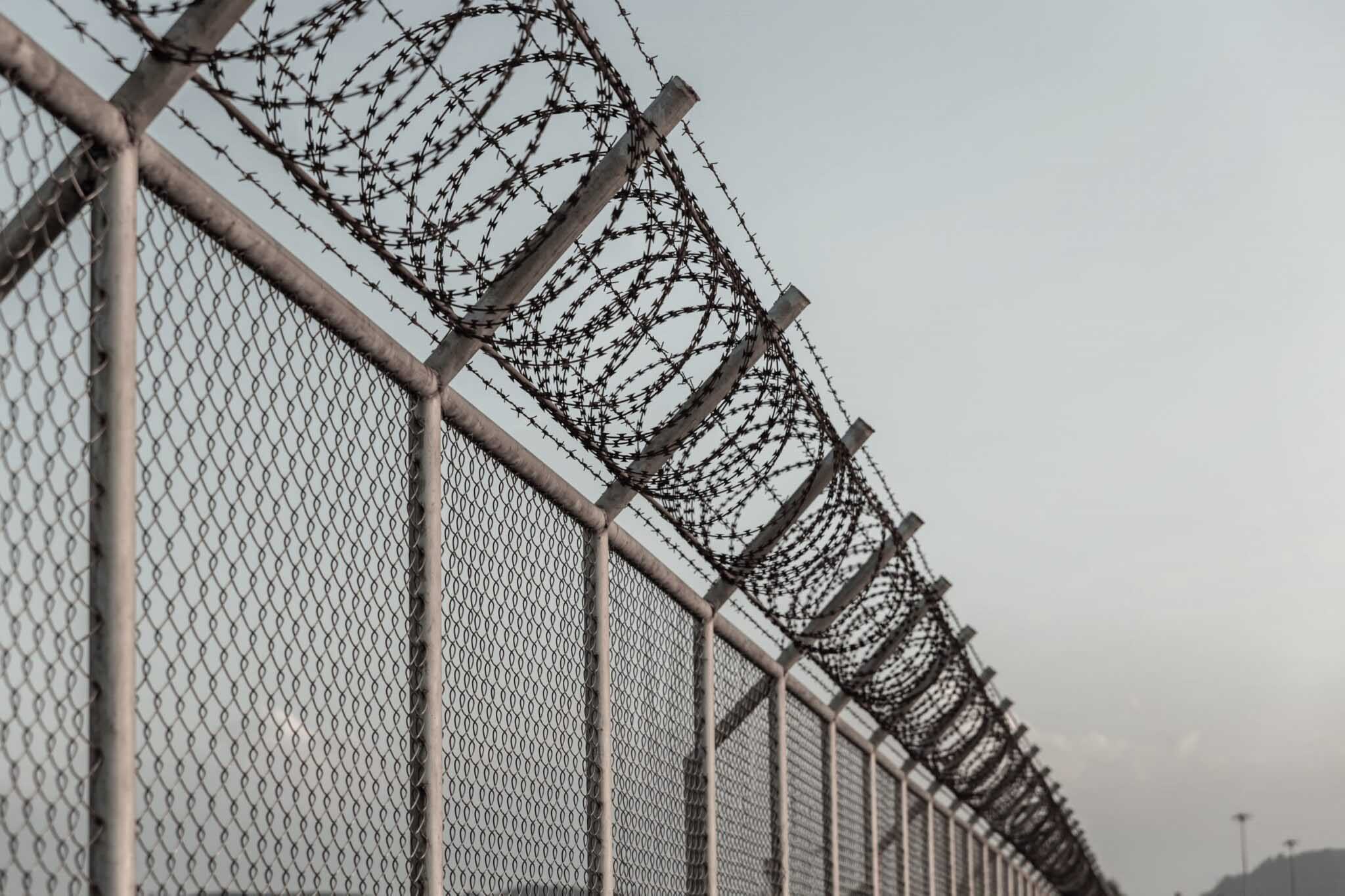67 Men in Delaware Prison Demand $400M for Alleged Mishandling of Pandemic
Had state officials taken earlier efforts to quarantine inmates and provide them with face masks, the deaths of 12 inmates and 1 in 3 people at the Georgetown facility testing positive for the virus might have been avoided, plaintiffs said.
By Ellen Bardash | October 05, 2020 at 06:14 PM
A group of 67 men incarcerated at the Sussex Correctional Institution have filed a federal class action suit, arguing Delaware officials should have taken more action to prevent the spread of COVID-19 in the state’s correctional facilities.
Had Gov. John Carney, Department of Corrections Commissioner Claire DeMatteis and Sussex Correctional Institution Warden Truman Mears taken earlier efforts to quarantine inmates and provide them with face masks, the deaths of 12 inmates and one in three people at the Georgetown facility testing positive for the virus might have been avoided, argue Dion D. Gibbs and the 66 other named plaintiffs, all of whom are representing themselves as of Thursday.
The complaint alleges that, on April 3, DeMatteis ordered that inmates at DOC facilities would not be permitted to wear face coverings and that Carney, knowing that, refused to provide face coverings or release enough incarcerated people to allow for social distancing as recommended by the CDC.
Gibbs wrote in the complaint that in late April, Chris Coffey of Citizens for a Pro-Business Delaware said Carney and DeMatteis had declined the organization’s offer of face masks and hand sanitizer for everyone incarcerated in Delaware’s correctional system.
Coffey said Thursday that Citizens for a Pro-Business Delaware was not involved in the case and he was previously unaware of the filing, but he confirmed that the state had initially accepted the organization’s offer for about 6,000 masks and later reversed course. He said Citizens for a Pro-Business Delaware has been in contact with people incarcerated in both the Sussex Correctional Institution and the James T. Vaughn Correctional Center about the state’s handling of the pandemic in those facilities.
According to the complaint, 128 of those housed in the James T. Vaughn Correctional Center tested positive for COVID-19 in May, seven of whom ultimately died. Inmates in that facility were subsequently allowed to wear face masks, and movement was monitored, but Gibbs alleged similar measures were not put in place at the Sussex Correctional Institution.
In June, the complaint stated, a man who was identified as being at high risk for COVID-19 and had had close contact with an infected person in Sussex County was brought to the Georgetown facility to await trial and reportedly tested positive for the virus at the end of that month. That man tested positive in the infirmary area, which is cleaned by inmate workers and used multiple times a day as a site for diabetic inmates, who are housed throughout the prison, to take insulin, Gibbs wrote.
Two days later, a 70-year-old man reportedly tested positive for COVID-19 in that same infirmary area. All 973 inmates were then tested, and one-third came back positive for COVID-19. Five of those who tested positive have since died, the complaint stated.
Carney and DeMatteis did not immediately respond for comment on the case.

